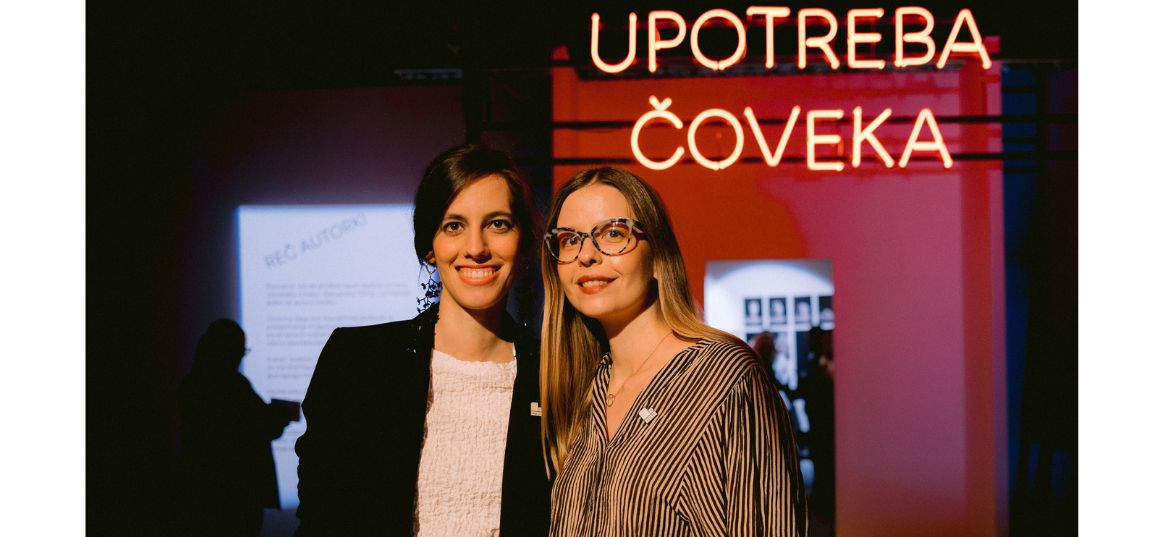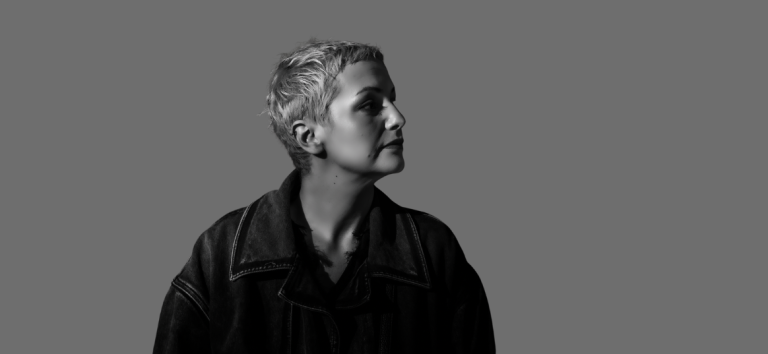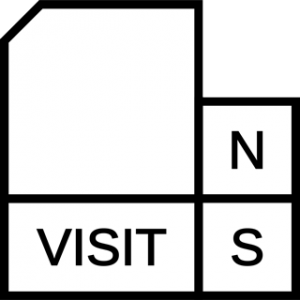The exhibition The Use of Man, opened within the Tišma Pavilion during the Literature Week of the seventh Kaleidoscope of Culture, attracted visitors’ attention as one of the central events of the festival, marking the 100th anniversary of the birth of the great Novi Sad writer Aleksandar Tišma. Inspired by the novel of the same name, the interactive exhibition sheds light on universal topics of war, trauma, and identity, leading visitors through three thematic units – from pre-war peace, through the harsh realities of war, to post-war consequences.
In the exhibition, which is still open to visitors in the District, authors Mina Aleksić and Ljiljana Kuzmanović combine contemporary artistic forms with a powerful narrative, inviting attendees to engage with Tišma’s timeless themes. The exhibition, located in the Proizvodnja facility in the District, can be visited from Wednesday to Sunday, from 4 p.m. to 8 p.m. It encourages visitors to reflect on war and provides them with an opportunity to leave their own mark in the space.
Below, discover how the authors perceive Aleksandar Tišma and his work, as well as their thoughts on the themes he explored.
How do you perceive Aleksandar Tišma?
Ljiljana: A significant writer who deals with themes that, unfortunately, remain relevant.
Mina: As one of the symbols of Novi Sad.
How do you view The Use of Man?
Ljiljana: As a complex work that demands multiple readings, as well as a strong stomach.
Mina: As a disturbing, realistic, and sadly, still very relevant story about dehumanization.
What does the modern use of man mean to you?
Ljiljana: The use of man, both modern and as portrayed in Tišma’s novel, is essentially a vicious cycle in which the used often becomes the user or abuser.
Mina: The only difference from the time of Tišma’s characters is that today’s media have made the use of man far more insidious.
Why is this exhibition important?
Ljiljana: I suppose each visitor will have their own answer to this question, but I hope the exhibition has the power to make people reconsider their views on conflict and war in general, as well as their attitudes towards the differences and similarities among people.
Mina: Every attempt at anti-war action is important, and this exhibition is precisely that.
How do you fight for peace and good?
Ljiljana: I try to rid myself of unconscious biases, or those imposed on me.
Mina: I don’t fall for mass hysteria.
What do you belong to?
Ljiljana: I probably belong to The Little Prince and his world.
Mina: The idea of belonging doesn’t resonate with me, but I’d like to be part of a world that does good.
Photo: Vladimir Veličković, Ervin Kovač i Srđan Doroški








